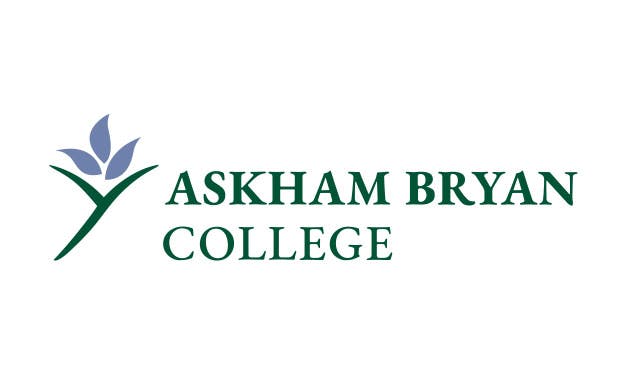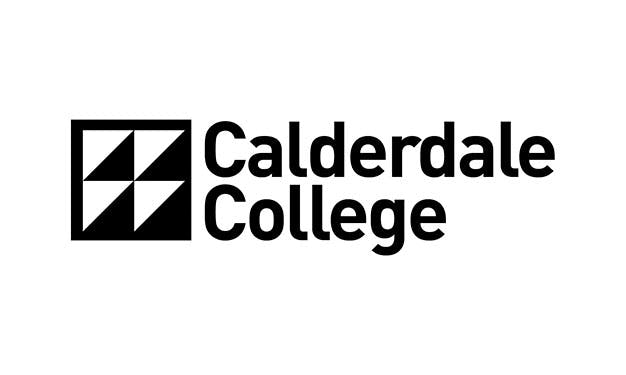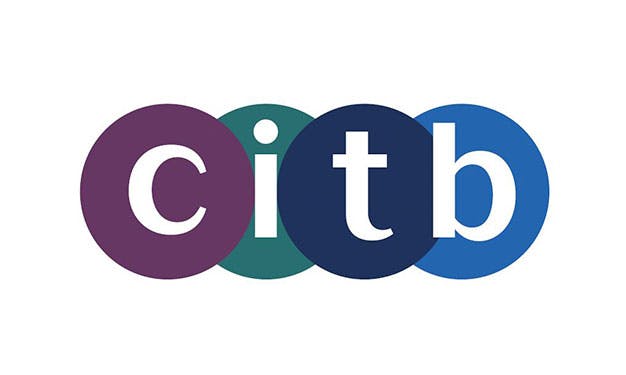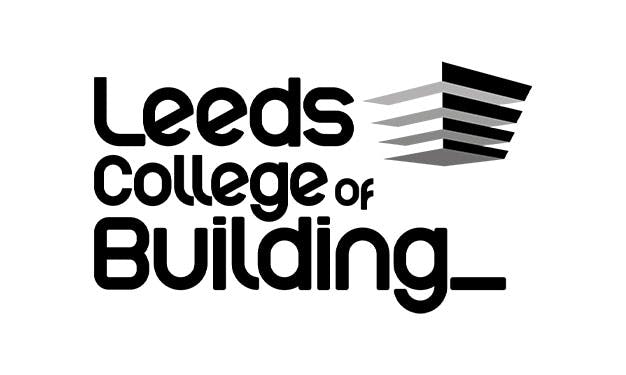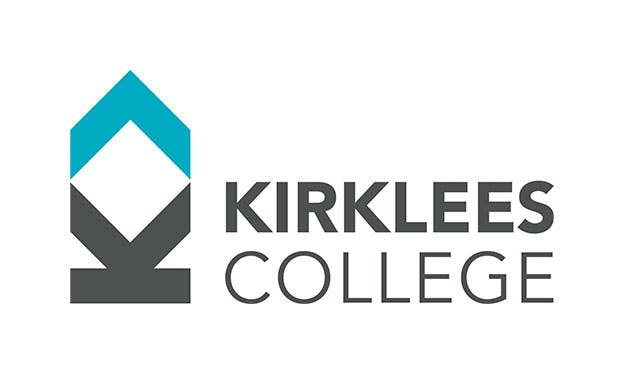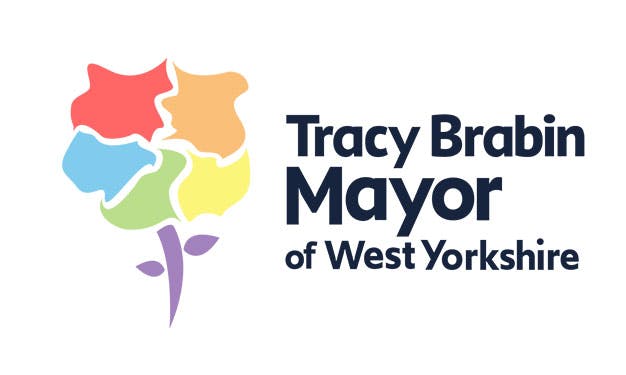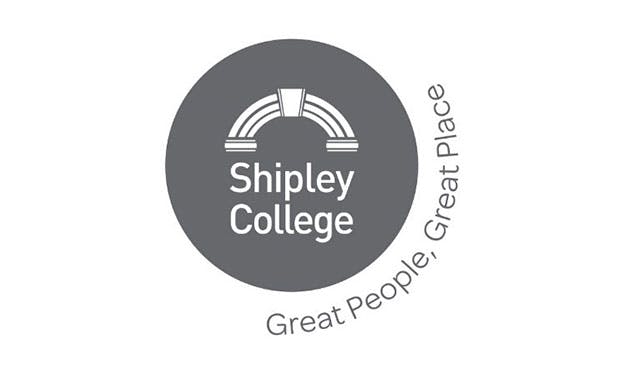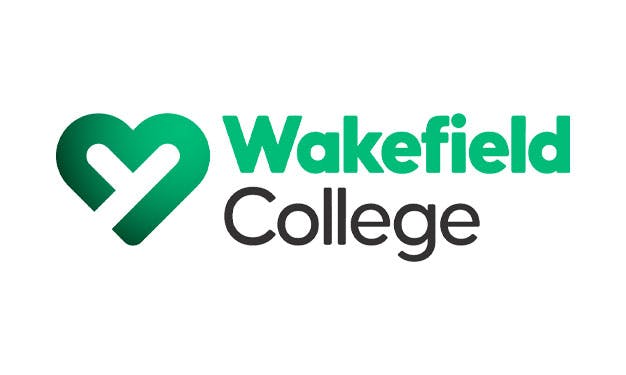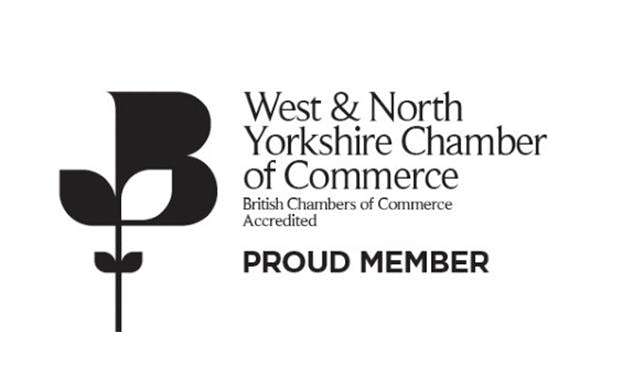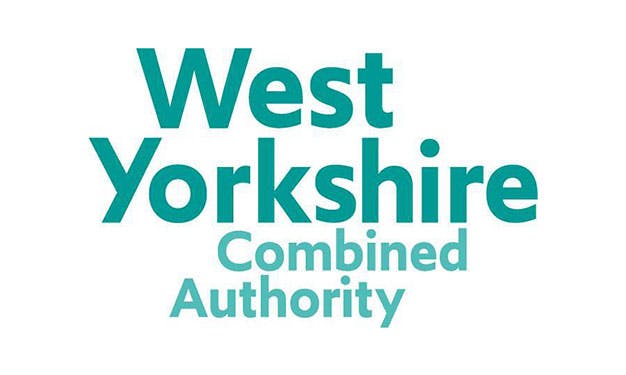Let's Talk Real Skills

Let's Talk Real Skills (LTRS) was funded by the European Social Fund (ESF) to make significant improvements in skills provision through collaboration between businesses and education.
Between 2019-2021 WYCC formed ten Collaborative Skills Partnerships (CSPs) made up of employers, colleges, educators and industry bodies. The aim was to understand what training provision was currently available and what the common emerging skills gaps were. This work would inform a collaborative effort to create new training provision for businesses to meet the skills requirements over the next five to ten years.
At the end of the funding, WYCC commissioned an independent evaluation. These are some of the headline findings:
What worked well
- Ability to take forward innovative ideas based on flexibility of funding and identified employer needs – this was the project’s USP.
- Pilot projects with sector specialists who identified the needs, and in some cases supported the development of the curriculum, working alongside the providers, who undertook delivery.
- Involvement of curriculum leads in some colleges in the relevant CSPs, enabling them to share their expertise, as well as gain insight directly from industry.
- Engagement of existing networks, partnerships and industry associations (e.g. Leeds Care Association)– who brought intelligence and sectoral understanding, along with membership, to the table.
Lessons learnt
- Collaborative working is powerful – it leads to different ideas and approaches, that may not have resulted simply from providers responding to research.
- The need to allow time for both development of delivery models/curriculum and enough employer engagement
- Impact of activities on businesses, providers, and the skills infrastructure:
- The project has helped to close skills gaps, with several pilot projects demonstrating the benefit of collaborative development of curriculum and training courses.
- Colleges are more up to date with industry in terms of software, technology and production/service techniques, thus enabling them to deliver relevant training.
- Increased awareness amongst employers about college specialisms and capabilities, with the potential to increase collaboration and partnership working to respond to skills needs.
- Over 250 staff in the creative sector have been trained to think sustainably (Carbon Literacy project), and this is now increasingly seen as an essential skill to be embedded in other training
Achievements
- Improved collaboration between education and business (including national organisations).
- Changed the perceptions of the FE sector within the wider skills infrastructure, including commissioners and employers.
- Developing Site Operative qualification to provide an entry level qualification into the construction sector and filling a gap in the career pathway, for those already in the sector, and for potential entrants.
- Extending the progression pathway in construction, by developing degree apprenticeships.
- Development of progression routes in Rail for Level 2 and 3 students.
Future plans
Labour market information and intelligence collected through the Construction and Low Carbon CSPs will inform activities undertaken to address the WYCA Mayor’s Green Skills agenda and pledge.
More than one consultee suggested that such partnership activity could be more ambitious – i.e. why can’t West Yorkshire’s skills providers and employers be at the forefront, nationally, at dealing with skills issues. And if they are, then it should be promoted and expanded.











